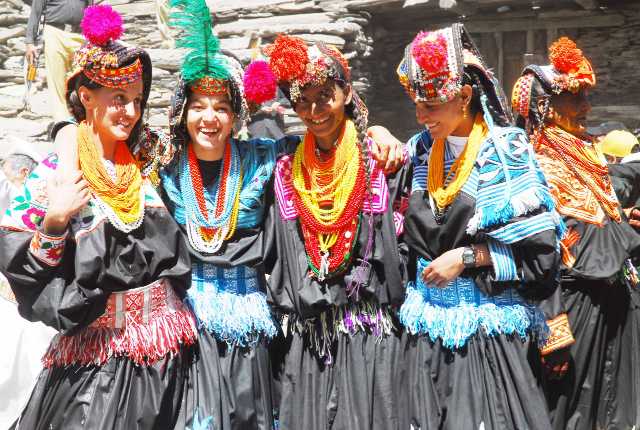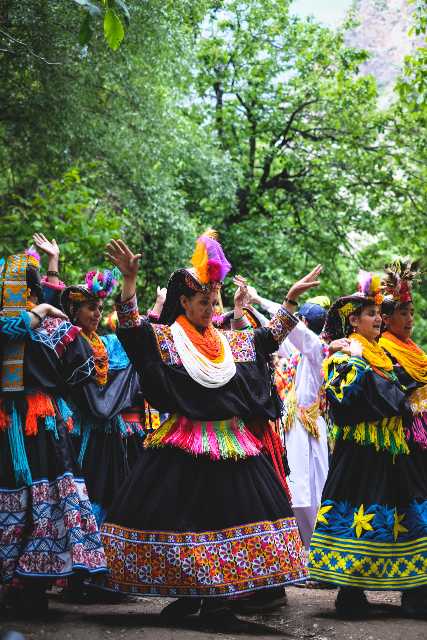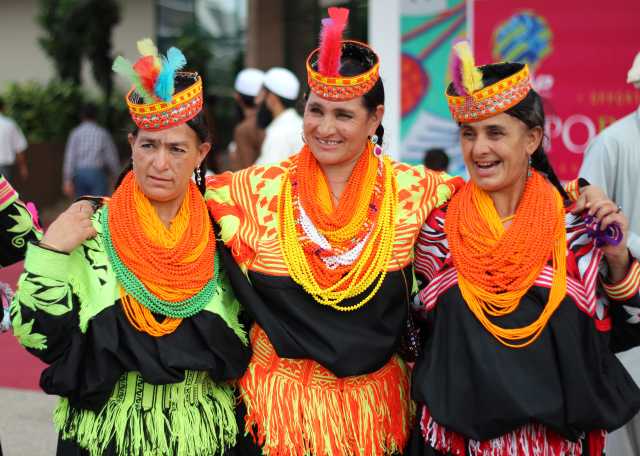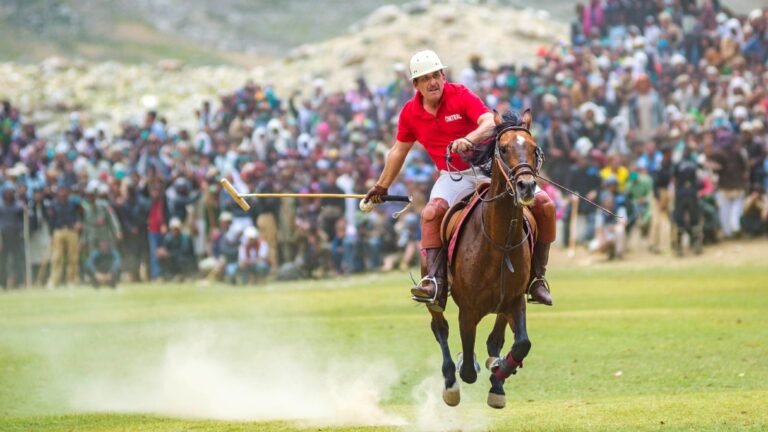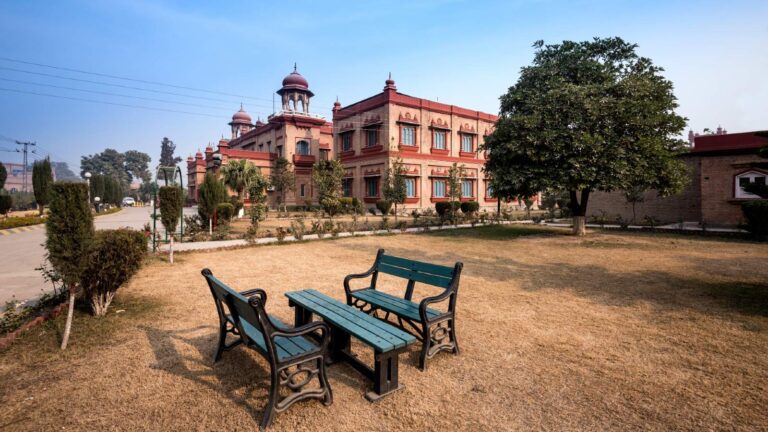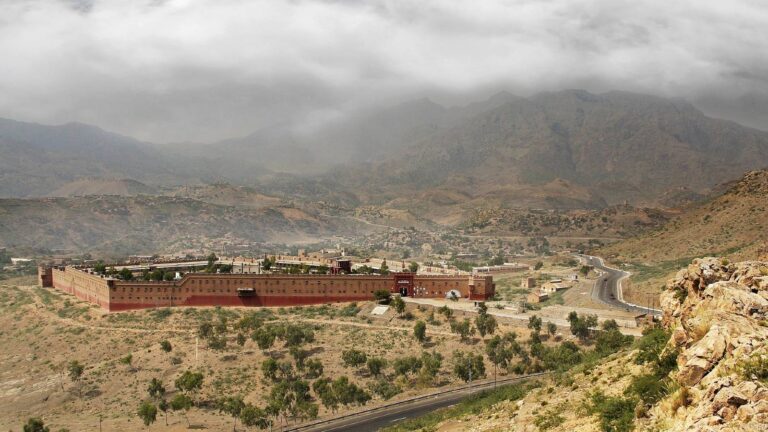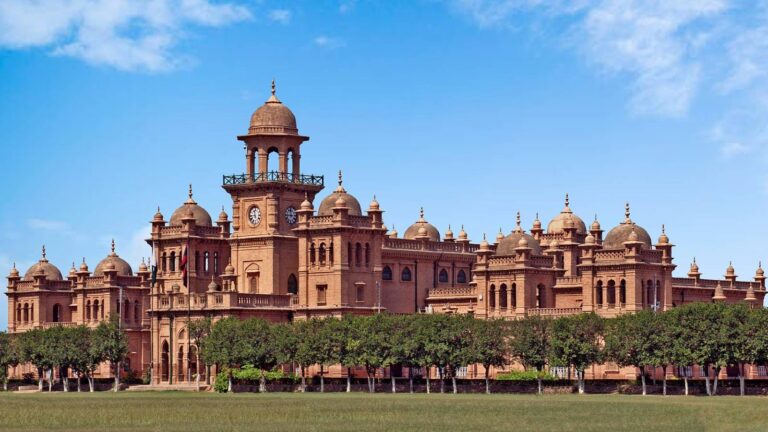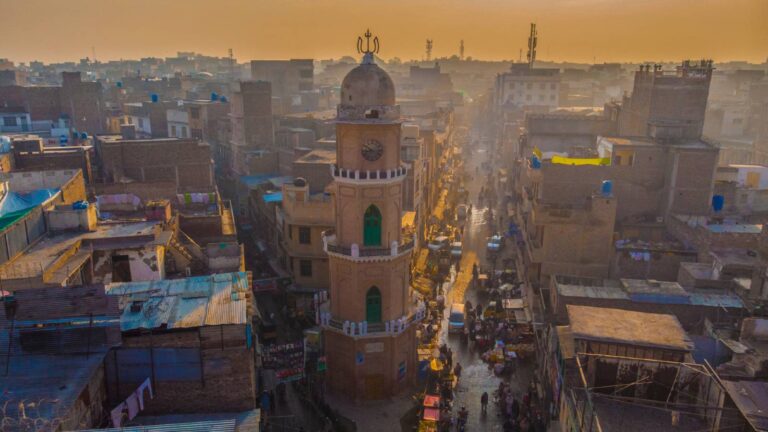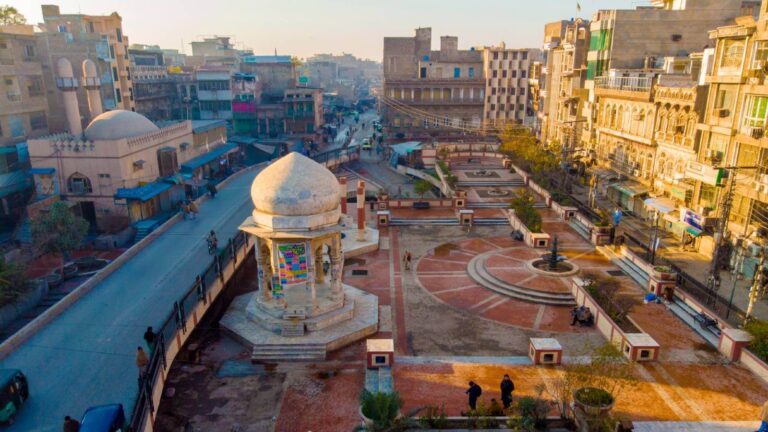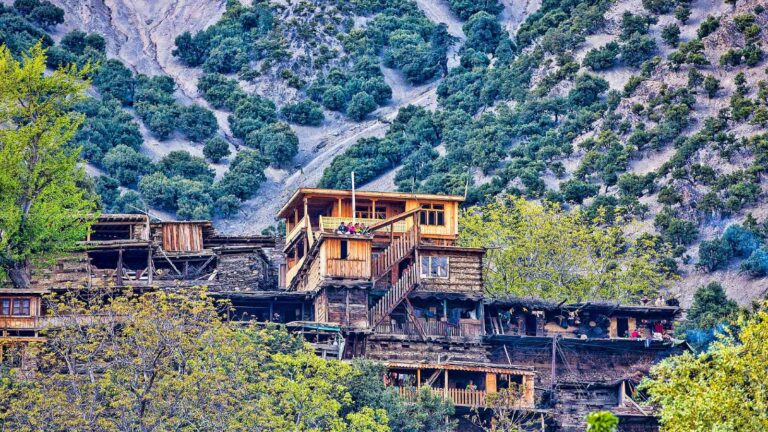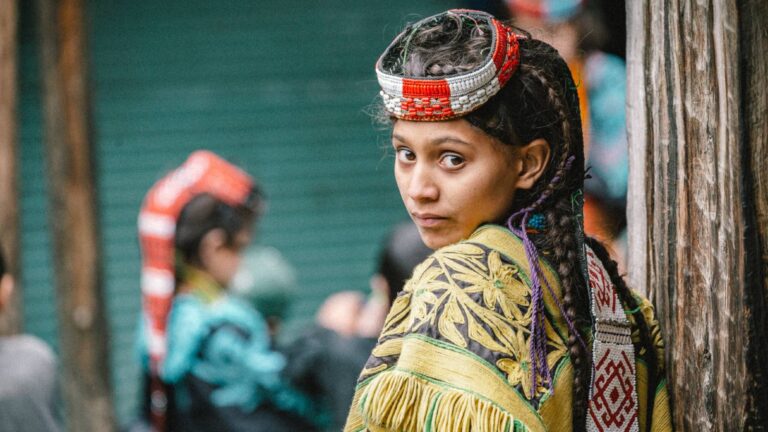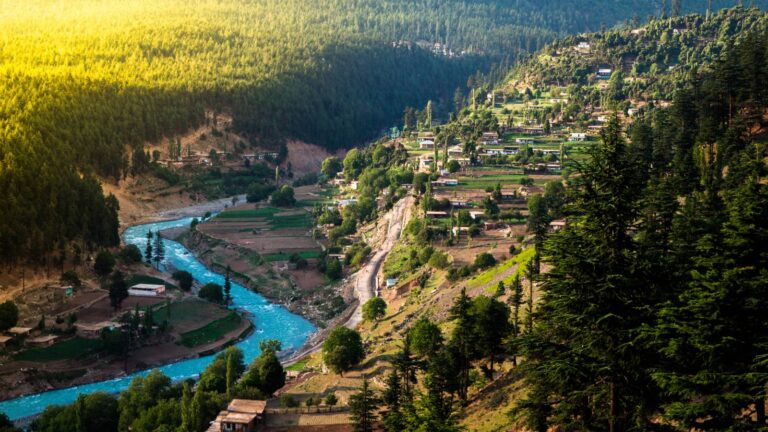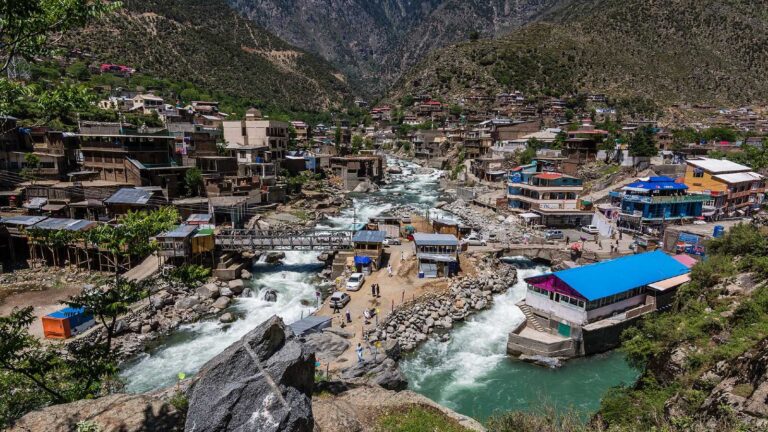Getting There
The shortest route to reach Picturesque Kalash Valley from Islamabad is through M1, Swat Expressway & NH-45. Join M1 from Islamabad, take exit from Sher Khan Interchange & join Swat Expressway. Then leave Swat Expressway on its end & join NH-45. It will pass from Timergara, lower & upper Dir, Lowari tunnel.
By Air: The nearest airport that can be used for air travel to Kalash Valley is Chitral Airport
By Train: If you want to go to Kalash Valley by train from any part of the country, there is no train available to go to Kalash Valley So you can get off at Nowshehra Railway station or Peshawar station and go Kalash Valley by car, bus and Jeep
By Road: Through a car, bus and Jeep you can easily reach to Kalash Valley from Islamabad Motorway M-1 in five an half hours. The distance of Kalash Valley from Islamabad is 401 Km
What to Expect
The tourists can do a lot in the Kalash Valleys during one of the festivals, as there are many feasts. They can see and participate in dance, drink and enjoy the bright rituals. The time of festival in Kalash Valley include Chilam Joshi (May), Uchau (September) and Choimus (around winter solstice). However, if you do not visit during festival time, you will not find much to do. However, you can enjoy the beautiful scenes.
The valleys are very beautiful and amazing. You can sit there and see the nature. You can also enjoy your time in hanging out with the local people and learn about their culture.
The weather in Chitral Kalash is very pleasant throughout the year. The tourists go there and enjoy the weather even in the harsh summer. Parks and nature are the main source of attraction for visitors. You can stay in a hotel or a guesthouse. Natural food is abundant in these sites like fruits, vegetables, and nuts.
- Have as many berries from the trees as you like
- Visit some older parts of the village and see their architecture
- Go inside a home to observe their way of living
- Visit Kalash Museum•
History
The Kalash tribe is believed to be the descendants of the Kalasha kings namely Rajawai and Bulasing who ruled the District Chitral for almost 1100 years. Raja was the ruler of areas from Ayun to Asman in Afghanistan, while, Bulasing was the king of the region from Broze to Kashmir.
Commonly, the Kalash people consider themselves to be ancient Greek-Macedonian people and as the descendants of Alexander the Great. Even though the majority of historians consider them as an indigenous tribe of Nuristan or Kafiristan who fled from the region when the king of Afghanistan, Amir Abdul Rahman, conquered it and forced the people to convert to Islam in 1895.
The Kalash people also show faith in other Gods called Balumain, Destak, Dezalik, Dewalók, Indr, and Munjem. Balumain is the cultural hero of the Kalash Valley who had taught the indigenous people about celebrating the winter festival known as Chaumas. They also believe in semi-gods, deities, mountain fairies, and spirits. The Kalash offer prayers only during festivals. Their culture and beliefs are similar to that of Nuristanis that reside in Afghanistan. The polytheistic Kalash have built various shrines for their Gods and Goddesses where they make animal sacrifices regularly. They consider crows to be the representative of their ancestors so they feed them with their left hands.
Facilities Available
- It is safe for families.
- Local guides are available
- People of Kalash valley are very hospitable
- The government has made Camping Pods it for tourists in Kalash valley and There are many hotels in Kalash valley
- Kalash valley can be easily accessible thought local transport and can book a car on rent.
- Tourism Department helps the Tourist/ Visitors through providing broachers in both Urdu and English languages. The local Police and the local Guides can speak multi languages (i.e local languages, Urdu, English and some of them can speak Chinese also).
- There is a bus stand in Kalash for public transportation.
- Filling stations are available in Kalash valley which includes Petrol and Diesel.
- Taxis are available in valley on daily rent basis.
- Shops are available in Kalash valley

